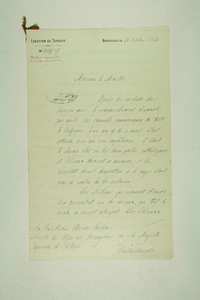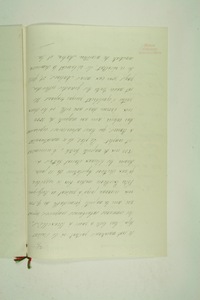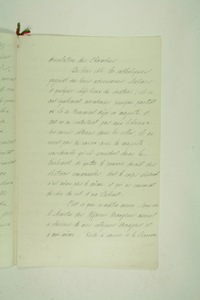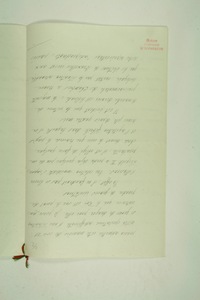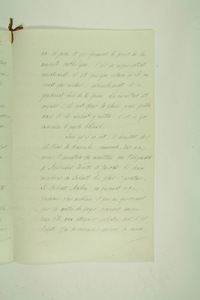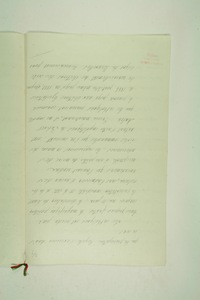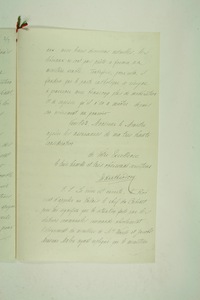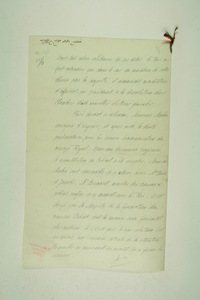Ottoman Diplomats
Letters from the Imperial Legation in Brussels (1849–1914)
Synopsis
Élections communales. - Dislocation du ministère
Etienne Carathéodory Effendi informs Assim Pacha about the communal elections that took place on October 19th in Belgium. These elections had to prove if the people were in favour or against the new law on education. The liberals, who had lost the previous legislative elections, were now the winners in the big cities. Consequently, they demanded the immediate dismissal of the Catholic Malou government and the dissolution of Parliament. However, the Catholics won in other places; (Carathéodory explains where). Minister for Foreign affairs, Chevalier Alphonse de Moreau, assured Carathéodory and other foreign ambassadors that they would not give up power because of these electoral results. Carathéodory expects, however, that the King – whose popularity had already declined – was prepared to take serious resolutions. The liberals clearly won, and action was needed. At least the two most conservative members of the government (Woeste and Jacobs) would need to be replaced. A more moderate policy might be able to save the government. Carathéodory believes that this would be the King’s line of argument. The Catholics lost due to their own mistakes, due to their “apolitical acts”, summarized in Carathéodory’s report. Even now, however, he believed that it would be possible for the Catholics to remain in power until the next elections in 1886, for the liberals were not ready to make a viable government, because of their internal scission. In a P.S. he writes that the King wanted to dismiss Woeste and Jacobs. If the government wanted to stick together, the dissolution of Parliament and new general elections would be needed. The Catholics eventually decided to agree with the dismissal of Woeste and Jacobs. Leopold II charged Auguste Beernaert with forming a new and more moderate government. Carathéodory concludes that if this were not a solution, it was at least a relief of the situation.
Facsimiles
| Series | HR.SYS-221-68 |
|---|---|
| Place | Brussels |
| Date | 23-10-1884 |
| Author | Etienne Carathéodory Effendi |
| Recipient | Assim Pacha |
Names
How to cite
If you use this website for your own research, we kindly ask you to mention the following reference in your publications:
Consulted online at Ottoman Diplomats: Letters From the Imperial Legation in Brussels (1849–1914) (2014 Edition), Centre for Political History (PoHis), University of Antwerp, <http://dighum.uantwerpen.be/ottomandiplomats/>.
